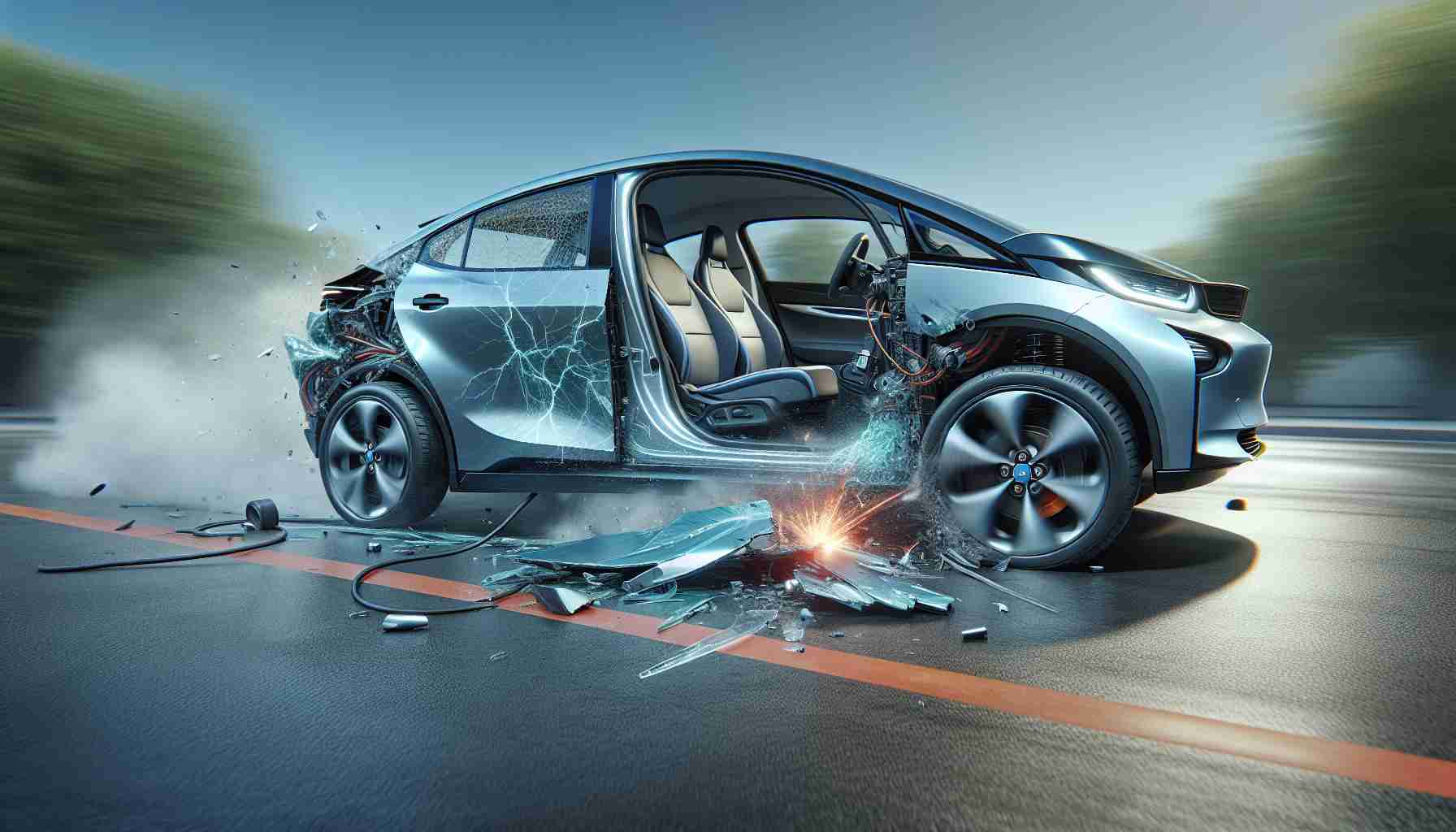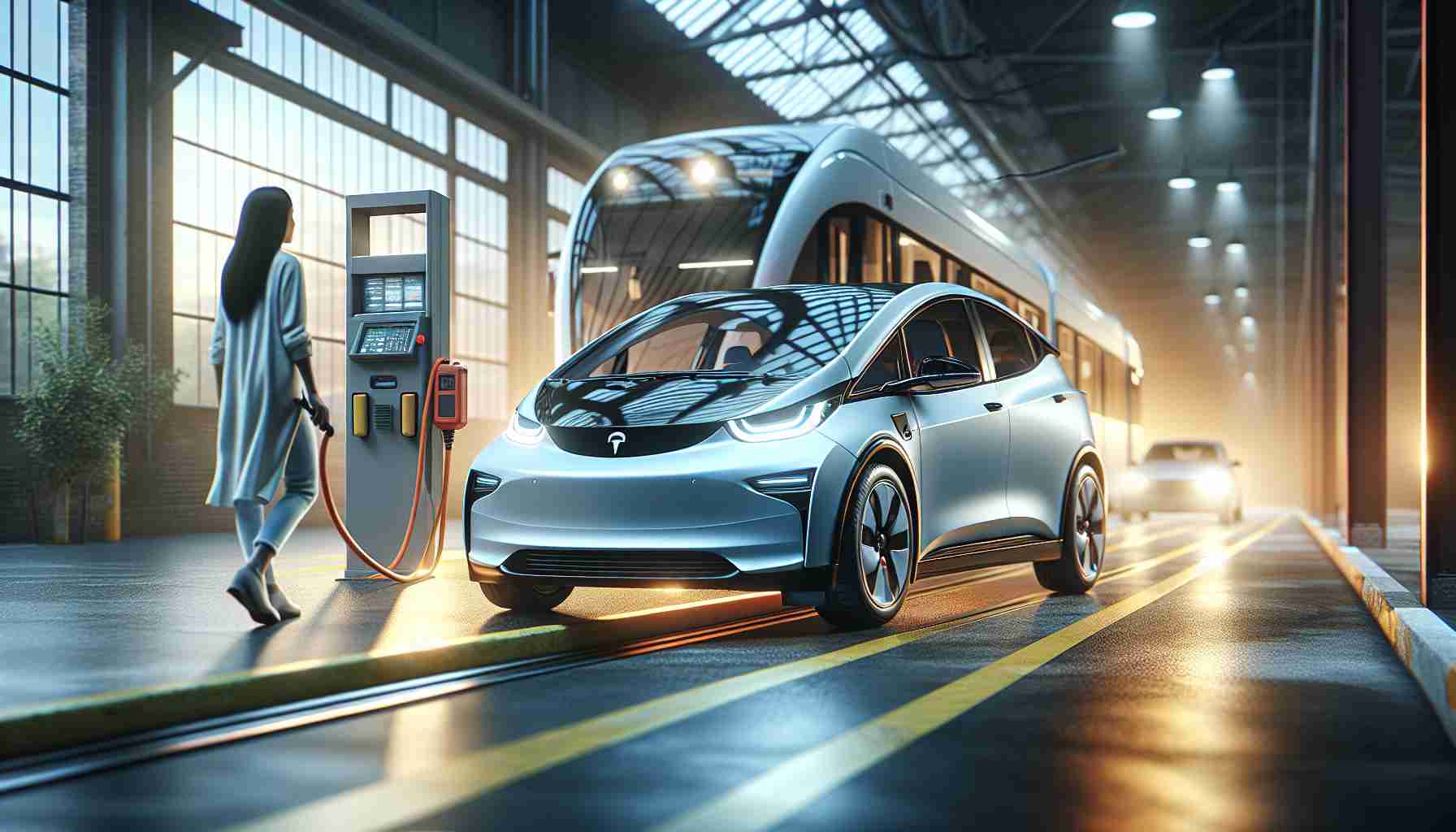Discover the incredible versatility of Decathlon’s Riverside 520E, an electric bike that’s perfect for city explorations and adventurous trails. Now, with a special discount of €150, this e-bike can be yours for just €1,249, down from its original price of €1,399.
Impressive Range and Power
One of the Riverside 520E’s standout features is its remarkable battery life. It boasts a 100 km range courtesy of its 504 Wh detachable battery, ensuring your rides are long and worry-free. A secure clamping system minimizes battery vibrations for a smooth experience, and it can be charged on or off the bike. Notably, it’s backed by a 2-year or 500 full-charge cycle warranty.
The heart of this e-bike is its robust motor. It’s designed for daily commutes and leisurely rides, offering a potent 42 Nm torque. Tackling hills and rough paths is a breeze with its rear wheel brushless motor, which delivers up to 250 Watts. Users can select among various power modes, enabling power boosts from 90% to 220%, though higher modes impact battery longevity.
Conquer Any Terrain
The Riverside 520E’s adaptability shines with features like puncture-resistant CST Tirent tires and a 63mm front suspension that handles both urban and rugged paths. Optional add-ons include rear racks, mudguards, and child seats, enhancing its versatility.
Riders can easily monitor performance using the backlit LCD, showing speed, trip data, remaining battery, and assist modes. The bike’s LED lighting system ensures safe travels at any time, featuring a 20 lux front and rear light setup.
Now at a reduced price, the Riverside 520E is on sale at €1,249 at Decathlon—an exceptional deal for anyone seeking a reliable, powerful ride.
Is the Electric Bike Revolution Benefiting Everyone?
The recent surge in electric bike use, spearheaded by products like Decathlon’s Riverside 520E, signifies a global shift towards sustainable urban mobility solutions. While these bikes promise versatility and power, it’s crucial to assess their broader impact on people, communities, and countries.
Unequal Access and Environmental Impact
Electric bikes, although a greener alternative to traditional motor vehicles, are still out of reach for many due to their cost. Even with discounts like the €150 off the Riverside 520E, priced at €1,249, these bikes remain a luxury for many individuals, particularly in regions with lower income levels. This raises concerns about the potential for widening gaps in urban mobility equality.
Furthermore, while electric bikes reduce carbon emissions compared to cars, the environmental benefits are not entirely clear-cut. The production and disposal of lithium-ion batteries contribute to pollution and resource depletion. Critics argue that without proper recycling mechanisms, the environmental advantages may not meet expectations.
Changing Urban Landscapes
Electric bikes are reshaping urban landscapes by making personal mobility more flexible. People living in city centers benefit from reduced traffic congestion and the ability to bypass traditional urban transport limitations. This flexibility encourages exploration, enhancing local tourism and supporting businesses situated slightly off the beaten path.
However, this transformation also brings challenges. For cities flooded with electric bikes, there’s a need for better infrastructure to accommodate them safely. Existing bike lanes may become overcrowded, leading to potential accidents between e-bike users and traditional cyclists. Cities must invest in expanding and upgrading cycling infrastructure to ensure safe coexistence.
The Comprehensive Cost of Electric Bikes
Beyond the initial purchase price, maintaining an electric bike like the Riverside 520E involves additional costs. Battery replacement is a significant expense, given the 2-year or 500 full-charge lifecycle warranty. Regular maintenance, such as tire or brake replacement due to the higher speeds and distances traveled, adds to the overall cost of ownership.
Despite these concerns, the advantages of electric bikes are compelling. They offer an accessible form of exercise for people unable to use traditional bikes and provide a practical alternative for short commutes, reducing reliance on cars and public transport.
Future Prospects and Innovations
Could the mass adoption of e-bikes lead to new innovations? As demand grows, there might be advances in battery technology aimed at extending life and improving sustainability. Enhancing recycling programs could also mitigate environmental concerns associated with battery disposal.
Yet, the question remains—how can we ensure everyone benefits from this transportation revolution? Governments and local authorities might need to provide subsidies or implement rental schemes to make electric bikes more accessible. Collaborating with manufacturers to develop cost-effective models could mitigate the economic barrier.
In conclusion, while electric bikes like the Riverside 520E offer numerous benefits, they also present challenges and controversies that must be addressed to maximize their positive impact on society.
For more information on urban mobility solutions and sustainable transport options, visit Decathlon.






















